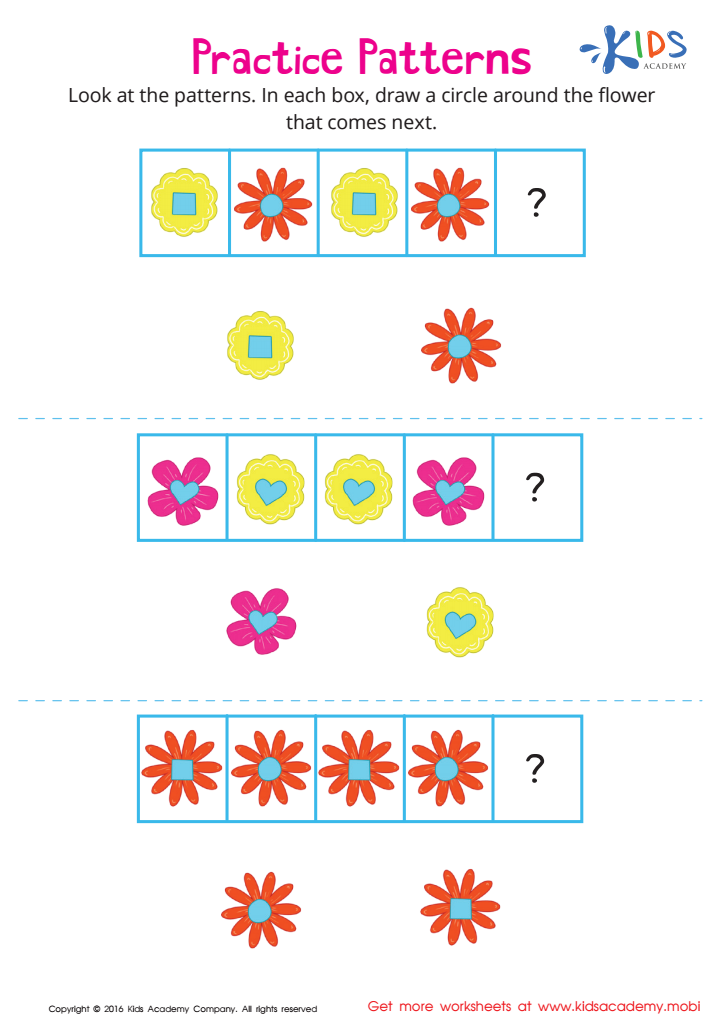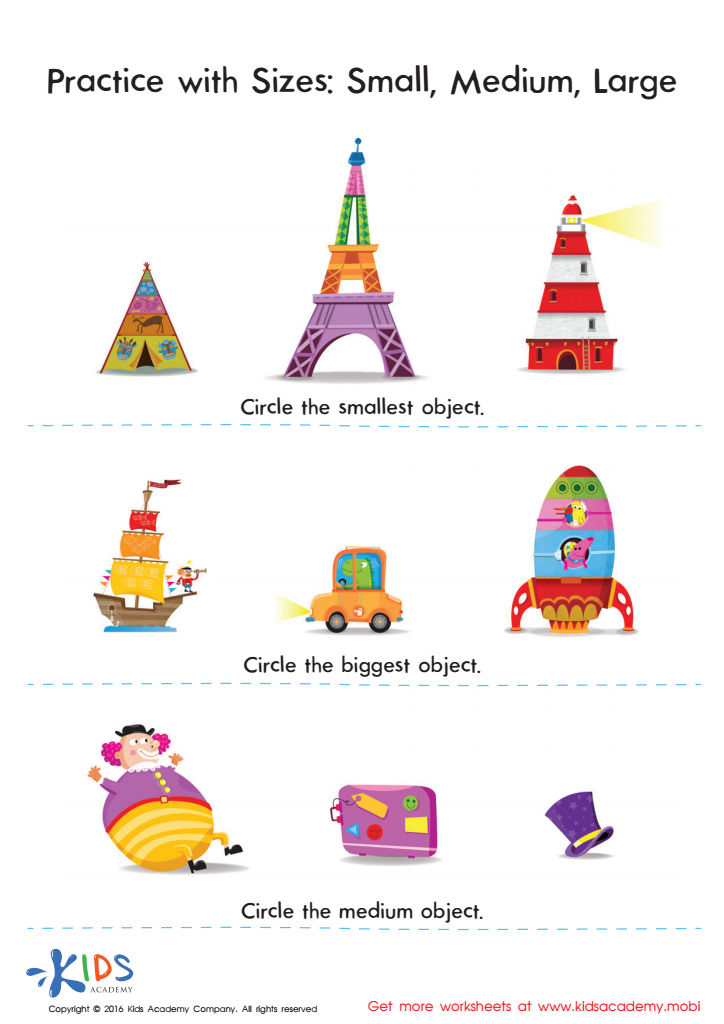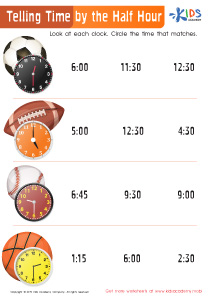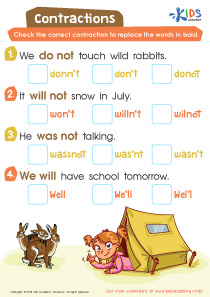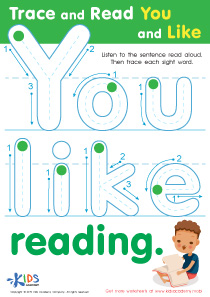Normal Logical Thinking worksheets activities for Grade 1
10 filtered results
-
From - To
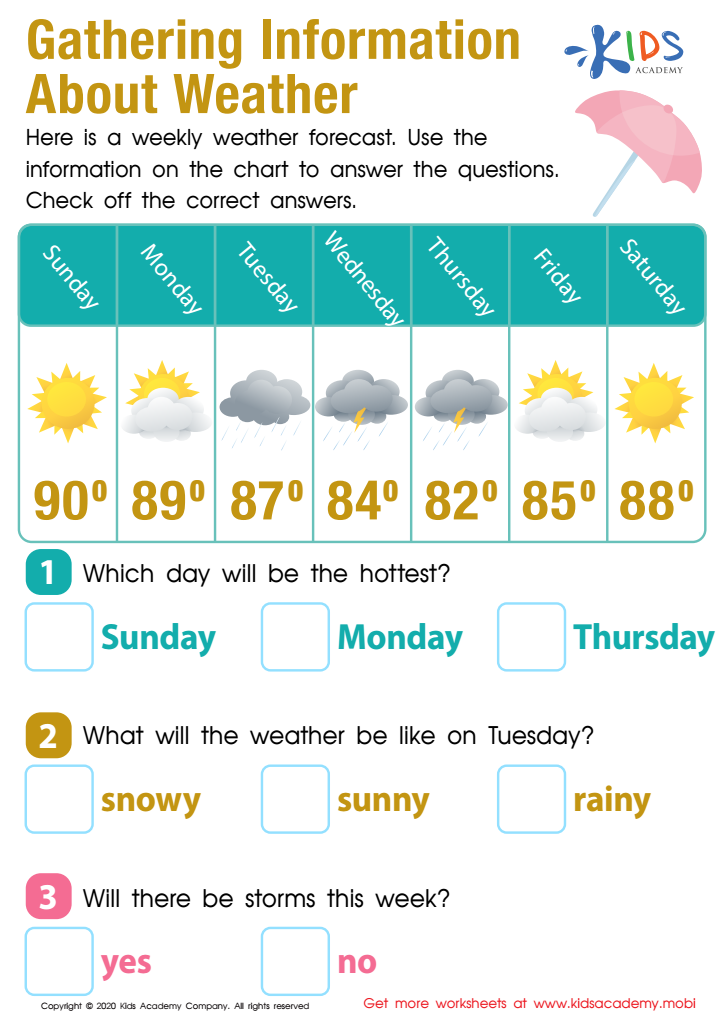

Gathering Information About the Weather Worksheet
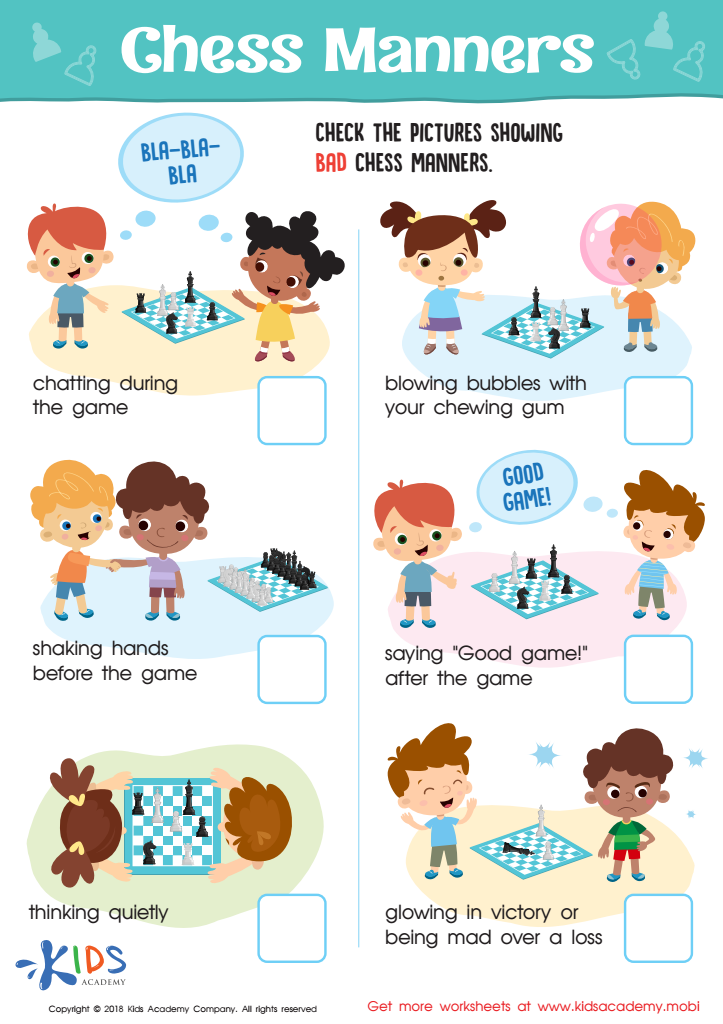

Chess Manners Worksheet
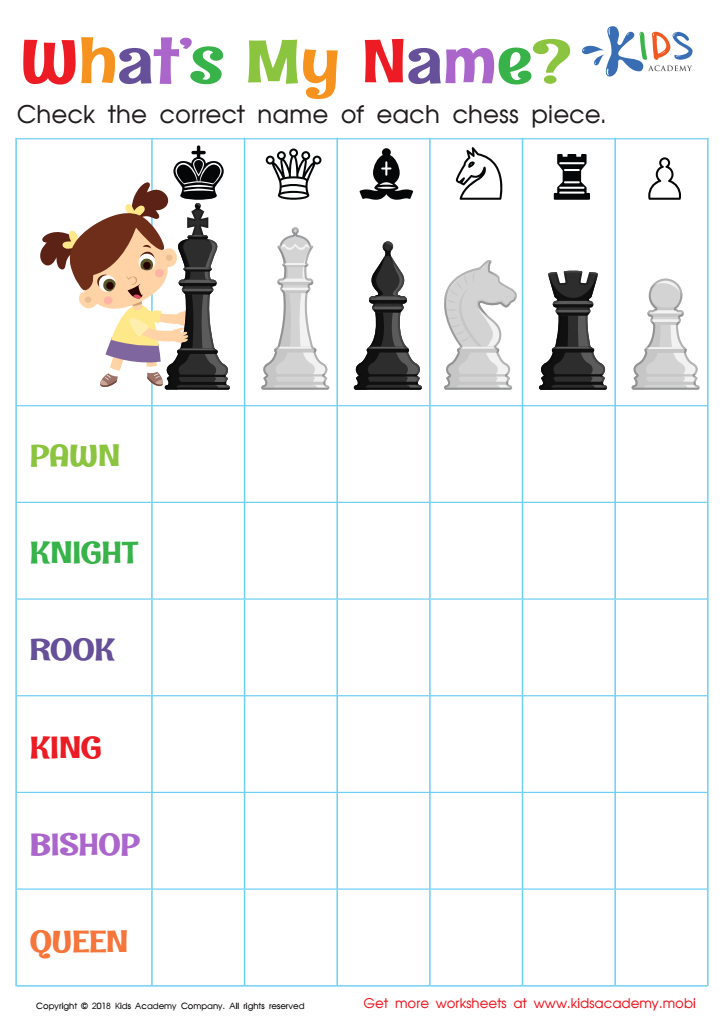

What's My Name? Worksheet
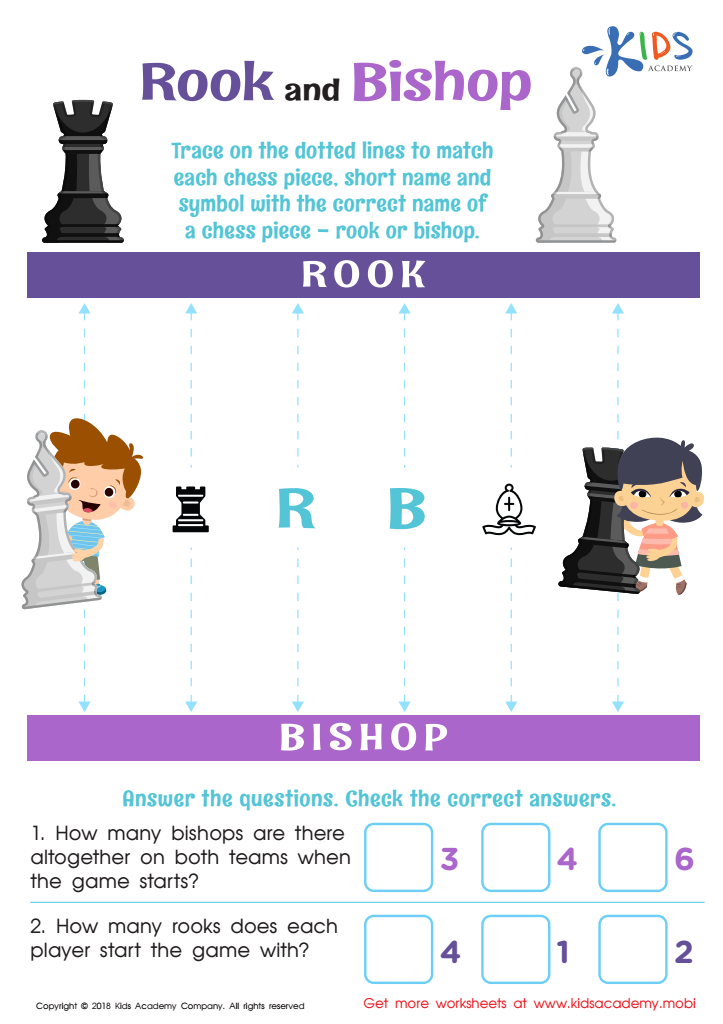

Rook and Bishop Worksheet
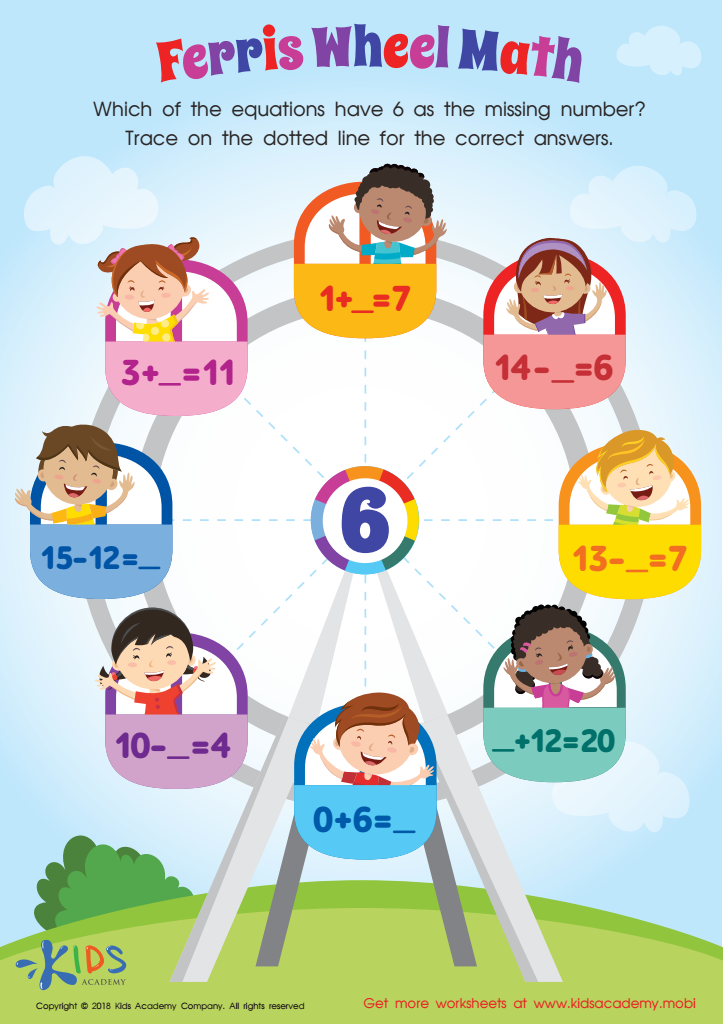

Missing Number: Ferris Wheel Math Worksheet


Logic Game Sorting Worksheet
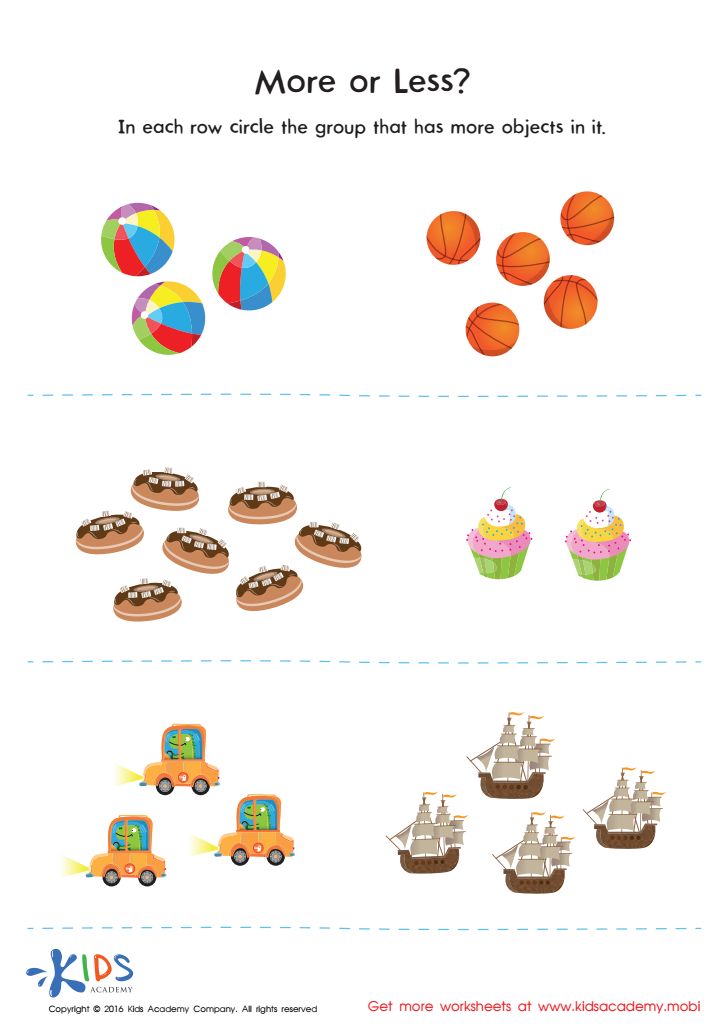

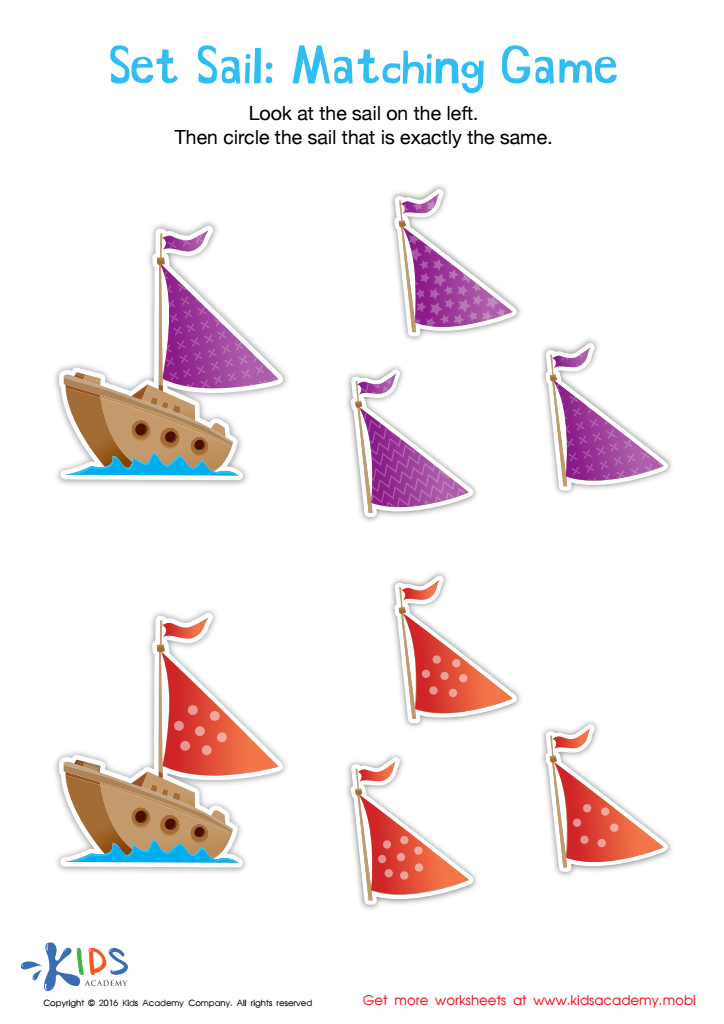

Set Sail Worksheet
Normal Logical Thinking worksheets activities for Grade 1 play an indispensable role in the early educational journey of young learners. These meticulously designed activities are not just another set of tasks for children but a foundational stone that supports the development of critical thinking and problem-solving skills from a tender age. Engaging in these activities, children are gently ushered into the world of logical reasoning, where they learn to identify patterns, understand sequences, and solve puzzles that are age-appropriate and thought-provoking.
The importance of incorporating Normal Logical Thinking worksheets activities for Grade 1 into the curriculum cannot be overstated. At this crucial developmental stage, children's brains are akin to sponges, ready to absorb and make sense of the world around them. Through these activities, children are encouraged to observe, question, and analyze, fostering a mindset that is not only inquisitive but also logical. This early nurturing of logical thinking is instrumental in laying down a strong cognitive foundation, which will serve them well not only in their academic pursuits but in everyday problem-solving scenarios.
Moreover, these worksheets are uniquely designed to cater to the learning pace and interest of Grade 1 students. They are fun, interactive, and visually appealing, which keeps the young minds engaged and motivated to learn. Whether it's through identifying patterns in a sequence or deducing the next item in a series, each activity is a stepping stone towards more complex logical thinking tasks.
Furthermore, engaging with Normal Logical Thinking worksheets activities encourages independent learning. Children learn to trust their reasoning, build confidence in their abilities, and enjoy the satisfaction that comes from solving problems on their own. This self-assuredness and love for learning is a critical outcome of such activities.
In conclusion, Normal Logical Thinking worksheets activities for Grade 1 are not just an educational requirement but a necessary tool in shaping the analytical minds of the future. By fostering logical reasoning, critical thinking, and problem-solving skills from a young age, these activities prepare children for a lifetime of learning and discovery.
 Assign to My Students
Assign to My Students

